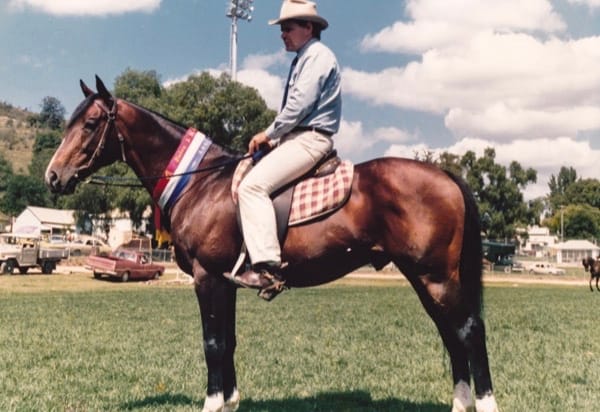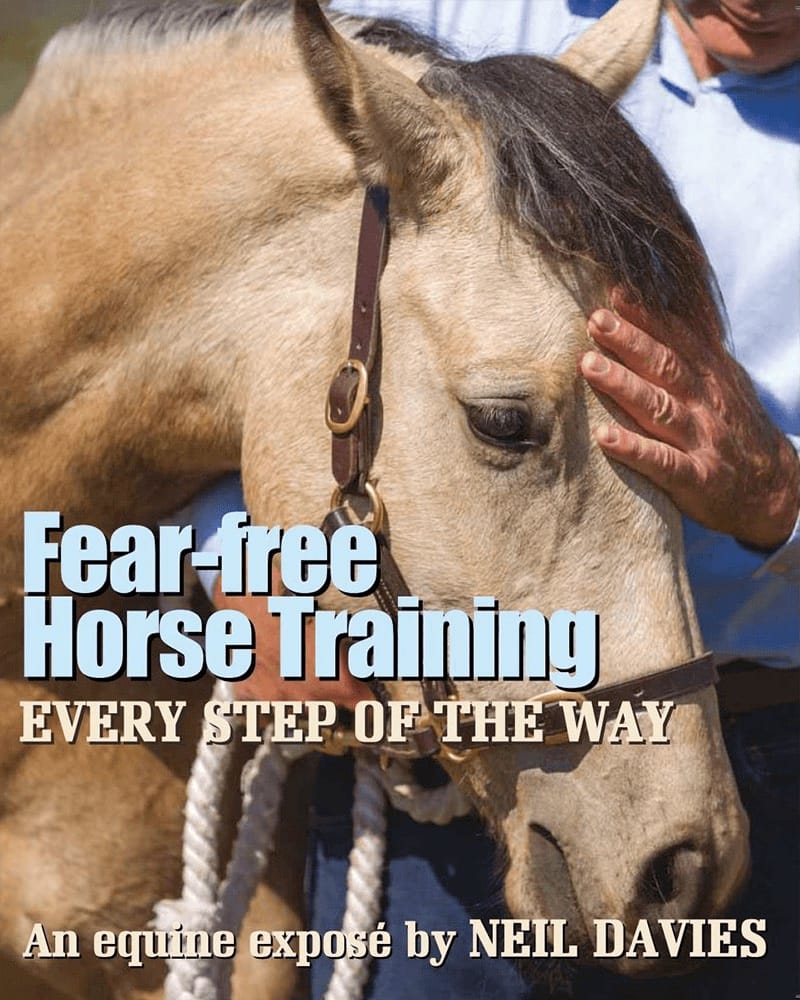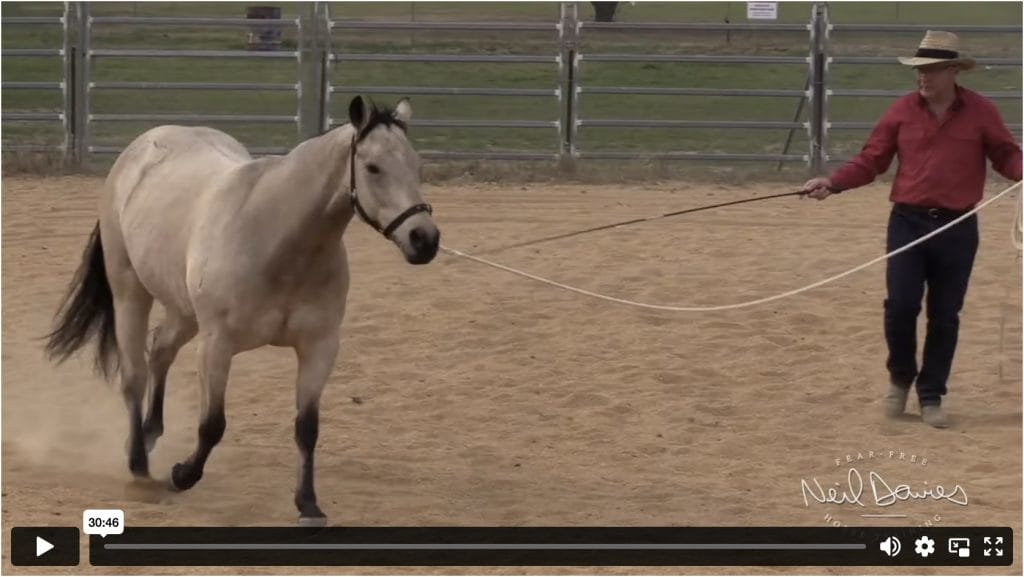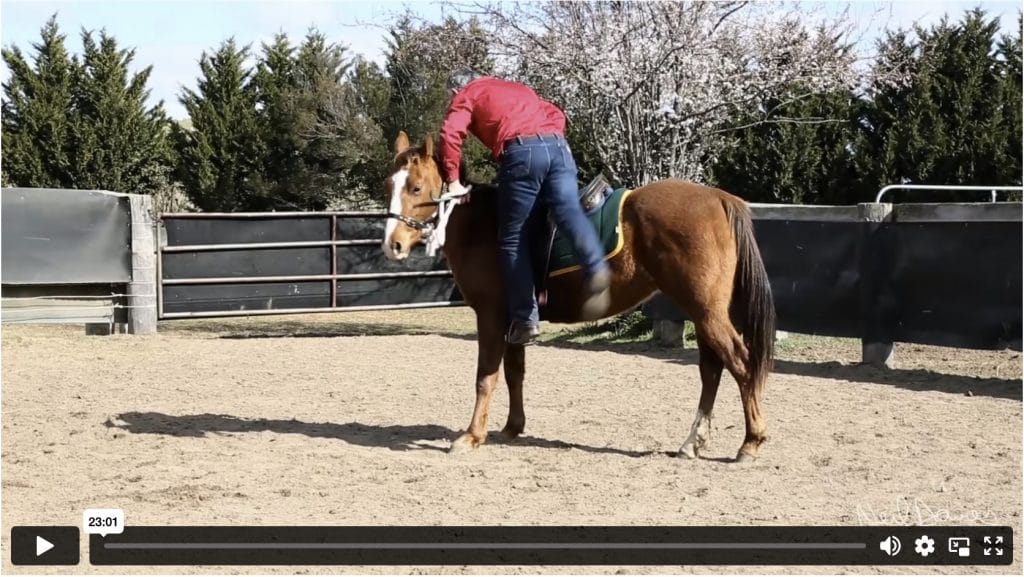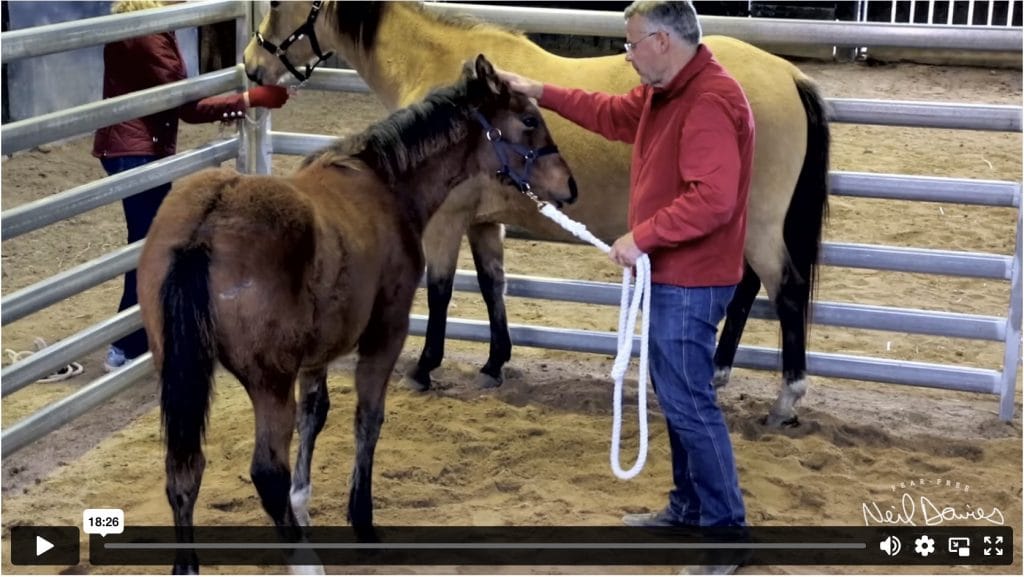Here’s a quote from a scientific magazine.
Although it’s written for social psychologists, it also applies to the horse world.
‘Social psychologists, of all academics, should be particularly alert to the dangers of epistemological homogeneity, or groupthink as some prefer to call it.
They would be aware of the errors that can pollute the group’s thinking if no one in the room is prepared to disagree.
Assumptions become embedded into theory and method, researchers concentrate on topics that support the prevailing narrative and avoid those that do not.’
Everyone wants to be included.
Everyone wants to be part of the group.
No one wants to be an outsider.
Some of us play baseball or cricket, some of us join Rotary, some of us join a church, some of us go for a bike ride on Sunday morning with a group.
All these things give us a feeling of belonging.
We look forward to meeting like-minded people and enjoying time together.
And so it is with horse people.
We enjoy hanging out with other horse people.
We enjoy riding and discussing our horses.
Some enjoy competing at a show or rodeo, some enjoy trail riding. We enjoy being part of a group.
The horse world has many different groups.
When I first visited America in 1987, I was surprised to hear people say,:
‘Oh but I ride Western’
or ‘I ride English’
or ‘I ride endurance’.
Others said they ‘did’ natural horsemanship, some said they ‘did’ dressage.
I couldn’t work out what they were talking about.
All I’d ever thought was, ‘I ride horses’.
In just about every horse magazine and all over the internet, people all say the same thing.
Just about every last one of them parrot off the same old training clichés:
the horse is a prey animal;
the horse is looking for a leader;
you must gain your horse’s respect;
you must get control of his hindquarters;
you must desensitize him;
and on and on it goes.
People like to believe they can be part of the ‘mystical’ horse herd or they can learn ‘horse language’.
When a young horse bucks with the saddle, they think it’s ok because the trainer says, ‘It’s no big deal.
I’m desensitizing him; he’ll get used to it.’
Frankly, I don’t believe any of it.
My friend Kenny Maytom reckons I’m the most sceptical person he’s ever met.
‘You never take anything at face value’.
He always laughs when he says it but he’s probably right.
I’m always questioning things.
Next time you see a horse being chased in a round yard or harassed with a flag or a rope, I ask you to put on your sceptic’s hat.
Step outside the group.
Question what you’re being told about respect, the horse herd, horse language, harmony, leadership, desensitization or whatever else you may hear.
Be sceptical.
Question everything you see and hear.
Try to work out for yourself what’s really going on.
You never know, you might be right and the guru might be wrong.

